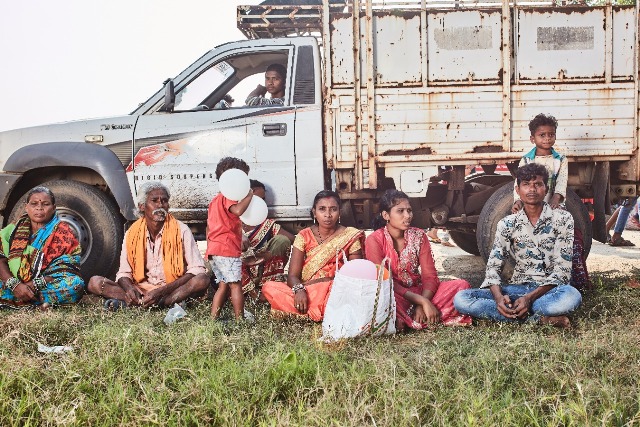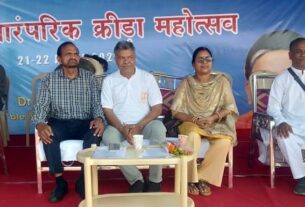Bhubaneswar, November 28: The Scheduled Castes and Scheduled Tribes Research and Training Institute (SCSTR&TI) here is developing a dedicated web portal to create a database of tribal migrant labourers in Odisha.
The project was initiated by the Ministry of Tribal Affairs with the aim to push for livelihood generation of tribal workers especially after many of them were forced to return home following loss of livelihood triggered by the Covid 19 outbreak.
“The data gathering will comprise identification of migrant labourers in 30,000 tribal villages of Odisha over a period of eight months,” informed Director, SCSTR&TI Dr A B Ota adding that it will be done with help of Civil Society Organisations and other grassroots organisations.
Speaking at a Webinar titled “Migrants in Odisha- Trends and Patterns,” organised by International Justice Mission, Ota informed that one of the major objectives will be to collect data on existing skills of tribal workers. The analysis will be subsequently used by the Government for skill up gradation and to explore employment opportunities in the home state.
With the depletion of forest resources and unavailability of employment opportunities, a sizable tribal population from the State has been migrating to states like Andhra Pradesh, Telangana, Tamil Nadu, Assam etc through middlemen, contractors, friends and relatives to work in brick kilns, construction sites, agrifarms, tea gardens etc.
A previous study conducted by SCSTR&TI found that 82.67 % of tribal migrants were unskilled and go through rampant exploitation at destination states because of lack of access to ration, voting rights, lack of accommodation facilities etc.
Speaking at the event, Aide-Et Action Regional Director Umi Daniel urged for better education, immunisation, care & protection facilities for migrant children at destination worksites. He also emphasised on the need for portability of government schemes and programmes to ensure social protection of migrant workers moving beyond their panchayats.
Experts expressed concerns at the lack of comprehensive data on migrant workers and cited it at the major challenge for both government and CSOs working around the issue.
Nithniyel Nag from IJM shared findings of a recent study done to understand the intersection of migration, trafficking and bonded labour which showed that less than 2.6% of respondents who migrated between 2016 and 2018 registered themselves at the Panchayats. These included 24,000 people from Balangir alone who received an average wage advance of Rs 6,335 before migrating.
Dibya Shankar Dharua from the Labour Department in Balangir shared how the district administration is currently prioritising six blocks in the migrant-prone district to ensure registration at Panchayats. To facilitate the process, the facility of registration has been introduced in Lathore and Kantabanji railway stations from this year onwards, he informed.
Former Union Labour Secretary L D Mishra and NLUO faculty Kuntirani Pradhan also spoke during the event.



